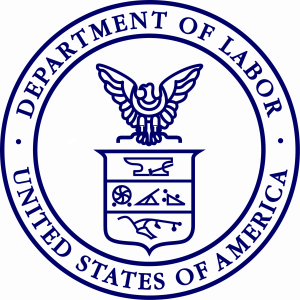BALCA Overturns Denial: Employer’s Name Different
The Board of Alien Labor Certification Appeals overturned a denial where the employer’s name on the Department of Labor form differed from its name on the State Workforce Agency order. The position that was open was for “Food Service Manager.” The Certifying Officer audited and denied the application for the discrepancy in the employer’s names. The Officer’s basis was that the discrepancy misinformed potential job applicants about the identity of the employer, so that there was not a job opportunity clearly open to any US worker. BALCA reversed the denial because the discrepancy would not confuse potential applicants about the employer’s identity.
 The Department of Labor is usually unforgiving of typographical errors. The smallest thing askew can sink an entire PERM application. BALCA recently
The Department of Labor is usually unforgiving of typographical errors. The smallest thing askew can sink an entire PERM application. BALCA recently  The Houston Chronicle
The Houston Chronicle